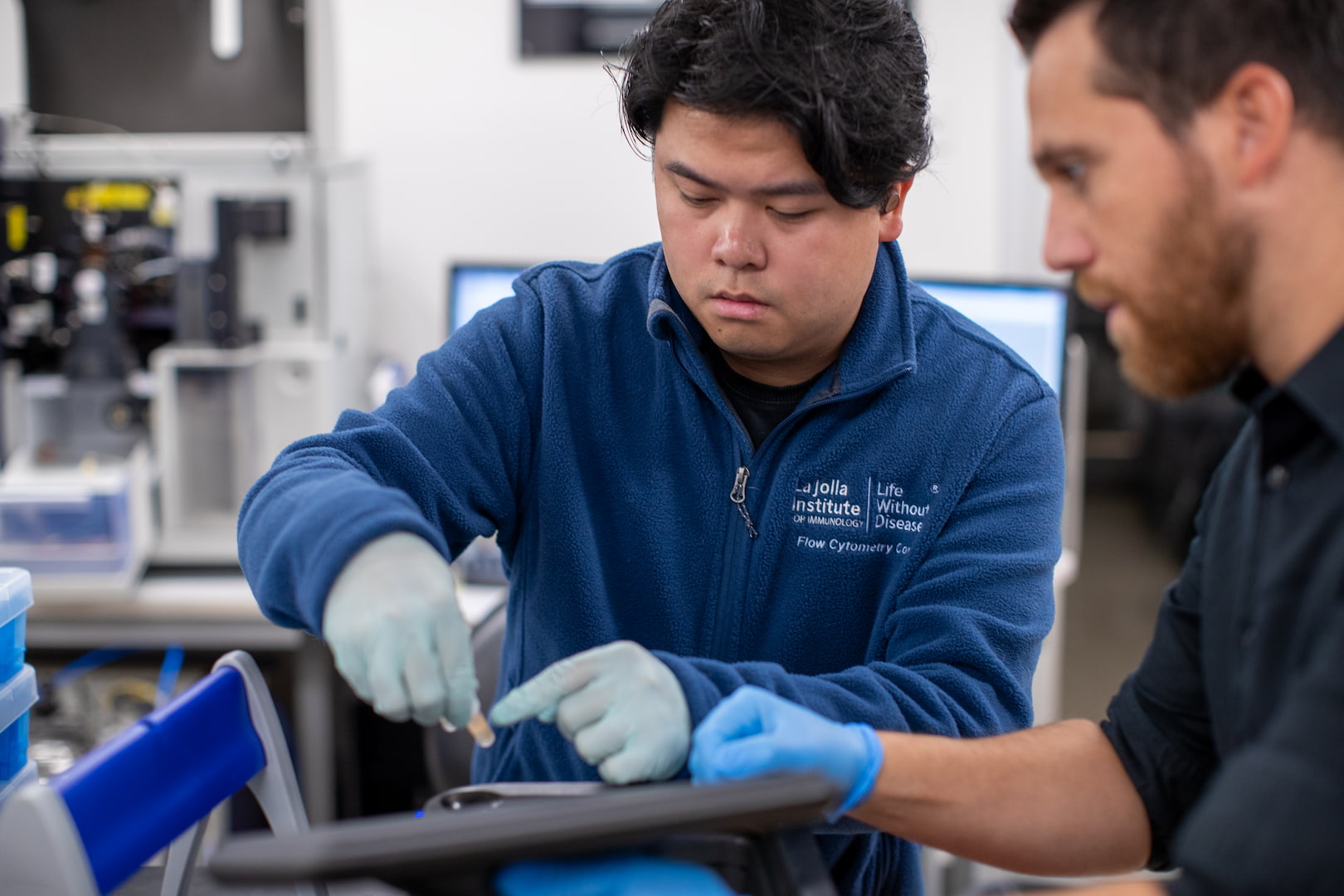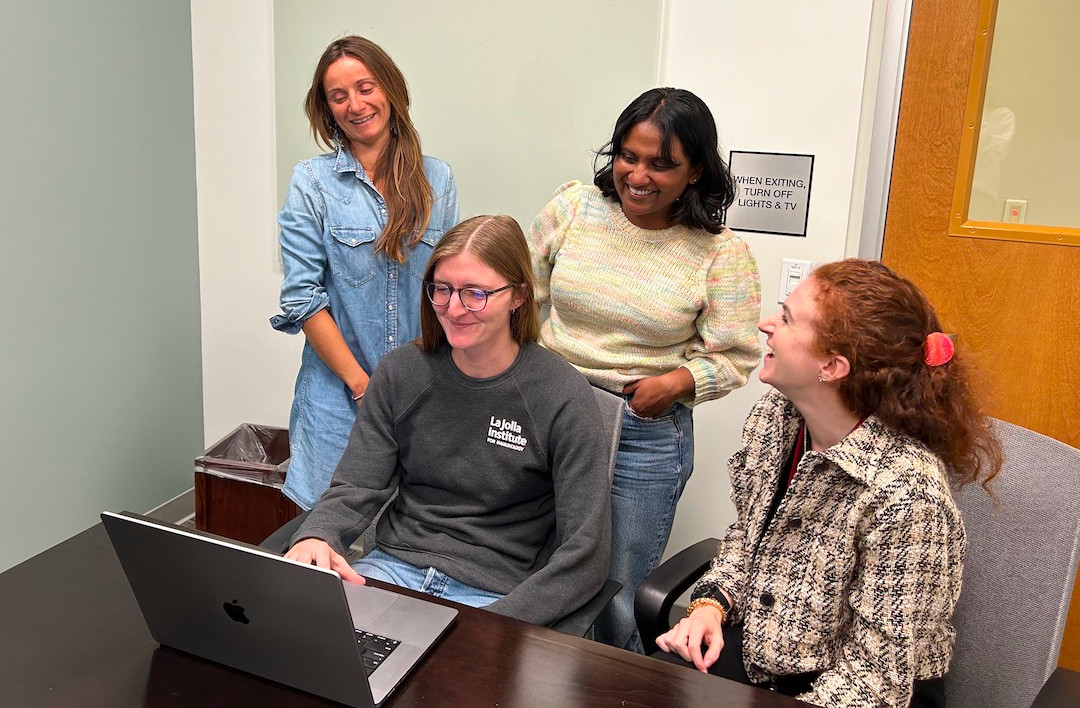LA JOLLA, CA—The National Institute of General Medical Sciences (NIGMS) has awarded La Jolla Institute’s Ferhat Ay, Ph.D., $ 2.24 million to investigate the link between genetic variation, the three-dimensional architecture of the genome and susceptibility to disease.
The five-year grant is part of the NIGMS’s Maximizing Investigator’s Research Awards, or MIRA program for Early Stage Investigators, which is designed to encourage promising young scientists to explore novel ideas by providing them greater stability and flexibility. They were designed to complement the more traditional NIH funding, which, in response to increasingly tighter grant budgets had grown risk averse and tend to favor sure-fire research proposals.

“We are set to establish a novel concept and don’t necessarily know where it will lead us,” says Ay, the Institute Leadership Assistant Professor of Computational Biology. “That kind of open-ended question usually doesn’t sit well with grant review committees but the MIRA grant actually encourages me to follow wherever the research leads me.”
Ay is particularly interested in genome-wide studies that explore how genetic variation influences the wiring between genes and their control switches known as enhancers through mediating their three-dimensional proximity within the cells’ nucleus.
“Many genome-wide association studies have searched the genome for small variations that correlate with certain diseases or expression of disease-related genes but they have only done so in one dimension,” explains Ay. “This one-dimensional approach fails to fully explain the relationship between genetic variation and genome function. We will now take up this challenge to the three-dimensional space, which is where DNA lives. Human immune cells readily available from the blood provide us a perfect test bed to establish this concept.”
Recent work from Ay and others showed that alterations genome architecture that rearrange the long-distance interactions between genes and their control elements leads to changes in gene activity that can increase susceptibility or cause disease.
“We are charting new territory and this kind of flexible funding reinforces what I love about research: to continually ask questions, to challenge conventional thinking and change the way we think about disease,” says Ay.
The grant, number R35 GM128938 is from the NIGMS, a part of the National Institutes of Health.
About La Jolla Institute for Immunology
The La Jolla Institute for Immunology is dedicated to understanding the intricacies and power of the immune system so that we may apply that knowledge to promote human health and prevent a wide range of diseases. Since its founding in 1988 as an independent, nonprofit research organization, the Institute has made numerous advances leading toward its goal: life without disease.
###


